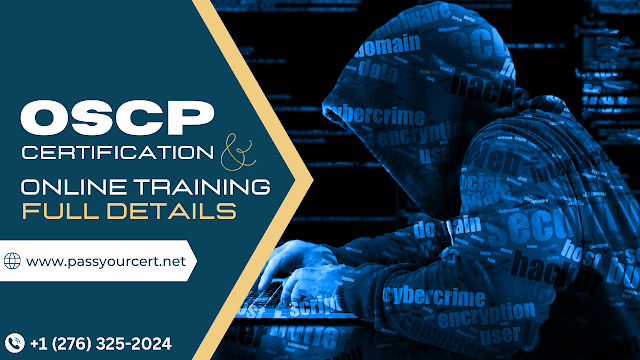From Aspiring to Certified: Your Roadmap to PgMP Success
Program Management is a field that demands a unique skill set. It requires professionals who can seamlessly orchestrate multiple projects within an organization to achieve strategic goals. If you're aiming to excel in this dynamic discipline, PgMP certification (Program Management Professional) is your ticket to success. In this comprehensive guide, we'll take you on a journey from aspiring to certified, providing you with a roadmap to PgMP success.
Understanding the PgMP Certification
Before embarking on your journey, let's start with the basics. PgMP is a globally recognized certification offered by the Project Management Institute (PMI). It's designed for experienced program managers who want to validate their expertise in overseeing multiple related projects and aligning them with organizational objectives.
Achieving PgMP certification signifies that you're not just a project manager but a strategic leader capable of managing complex programs. Now, let's explore the roadmap that will lead you to this prestigious certification.
Step 1: Assess Your Eligibility
The first checkpoint on your roadmap is understanding whether you meet the eligibility criteria for PgMP. PMI sets strict requirements:
A minimum of four years (or 6,000 hours) of project management experience.
A minimum of four years (or 6,000 hours) of program management experience.
A secondary degree (high school diploma, associate's degree, or global equivalent).
Alternatively:
Four years of project management experience is required, as well as seven years of program management experience, in addition to a secondary degree, for the position. The following action should be conducted following the verification of eligibility.
Step 2: Study the PgMP Handbook
Your next stop should be the official PgMP Handbook provided by PMI. This comprehensive guide contains essential information about the certification process, exam content outline, and details on how to apply.
Reading the handbook will give you a clear understanding of what to expect throughout your journey, including the exam format and the Application Phase.
Step 3: Application Phase
Prepare to dedicate significant time and effort to the PgMP application. This phase is crucial because it involves documenting your program management experience. It's essential to be precise and truthful in detailing your roles and responsibilities in managing programs.
PMI will review your application for compliance with the eligibility requirements. If it's approved, you'll receive an eligibility ID, allowing you to move on to the next stage.
Step 4: PgMP Exam Preparation
The heart of your journey lies in exam preparation. The PgMP exam tests your knowledge, skills, and ability to apply program management principles in real-world scenarios. To excel, consider these strategies:
PMI offers a thorough subject overview that may be used as a study guide for the official PgMP exam. It covers three areas of program management: program strategic management, program benefit management, and program governance.
Study Resources: Make use of a range of study tools, including books, online courses, sample tests, and study groups. Although PMI provides official study materials, you should also look at other reliable sources.
Establish a study timetable, list the topics you will cover, and indicate how you will gauge your progress.
Practice Exams: Take practice exams to familiarize yourself with the question format and assess your readiness. This will help you identify areas that require further study.
Step 5: Exam Day
The culmination of your hard work is the PgMP exam day. Arrive at the exam center well-prepared, both mentally and physically. The exam consists of multiple-choice questions, and you have four hours to complete it.
Stay calm, read questions carefully, and manage your time effectively. Remember that this is your opportunity to showcase your program management knowledge and skills.
Step 6: Post-Exam Activities
After completing the exam, you'll receive a pass/fail result. If you pass, congratulations! You're now a certified PgMP professional. PMI will send your certificate and information about maintaining your certification.
If you don't pass, don't be discouraged. Review your exam results to understand areas where you need improvement. You can retake the exam if needed, but it's essential to analyze your performance and adjust your study plan accordingly.
Step 7: Maintain Your PgMP Certification
Once you've achieved PgMP certification, it's essential to maintain it. PgMPs are required to earn 60 Professional Development Units (PDUs) every three years to keep their certification active. This involves ongoing learning and professional development in program management.
Conclusion: Your Journey to PgMP Success
Although the path to PgMP certification may appear complicated, it is a rewarding experience that advances your program management career. Along the process, you'll learn in-depth information, sharpen your abilities, and receive recognition as a strategic program manager.
Remember that every successful program manager started as an aspiring professional. With dedication, perseverance, and the proper roadmap, you can join the ranks of certified PgMPs who are making a significant impact in program management worldwide. Your journey from aspiring to certified is a testament to your commitment to excellence in program management.

%20656-0395%20(3).png)

Comments
Post a Comment